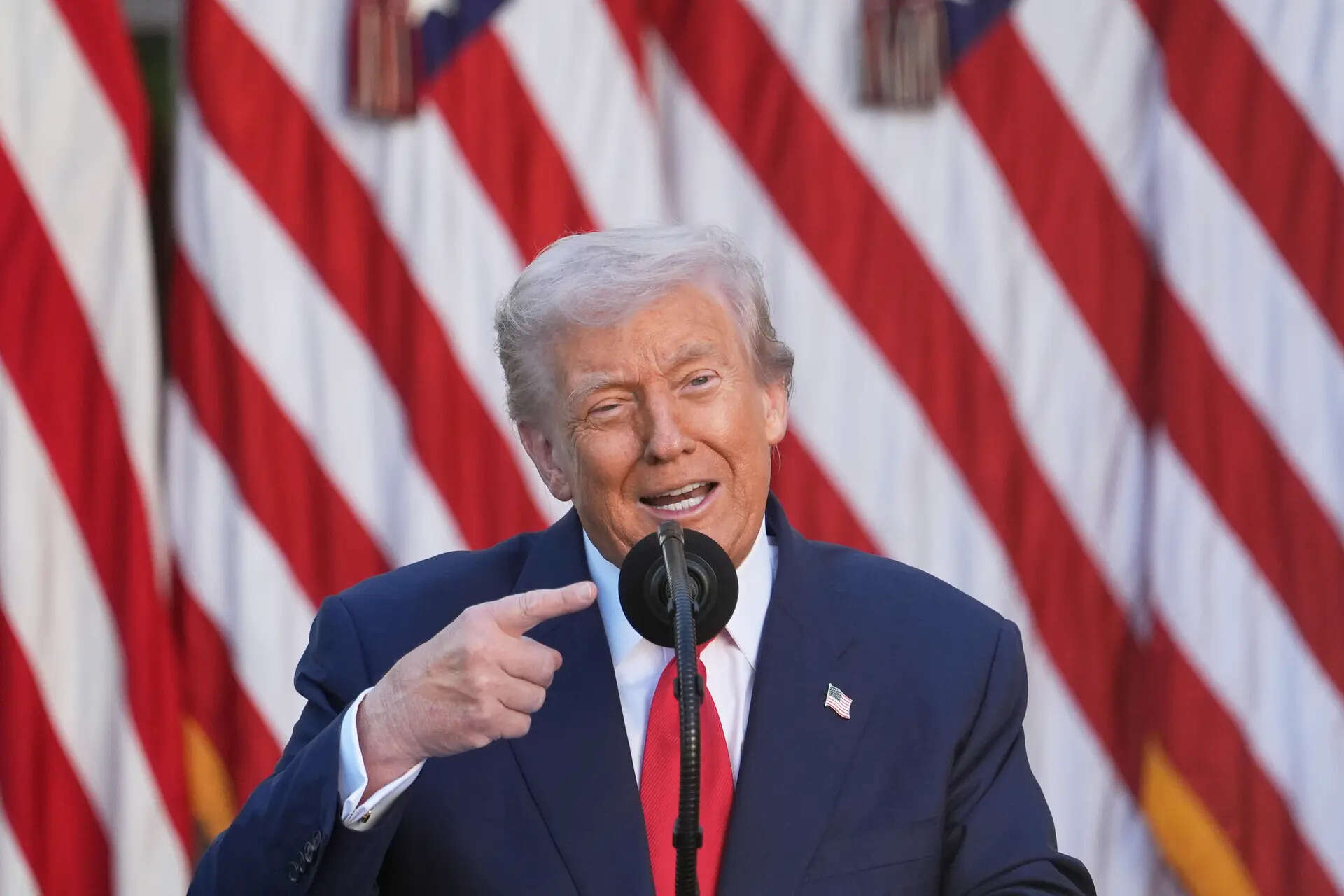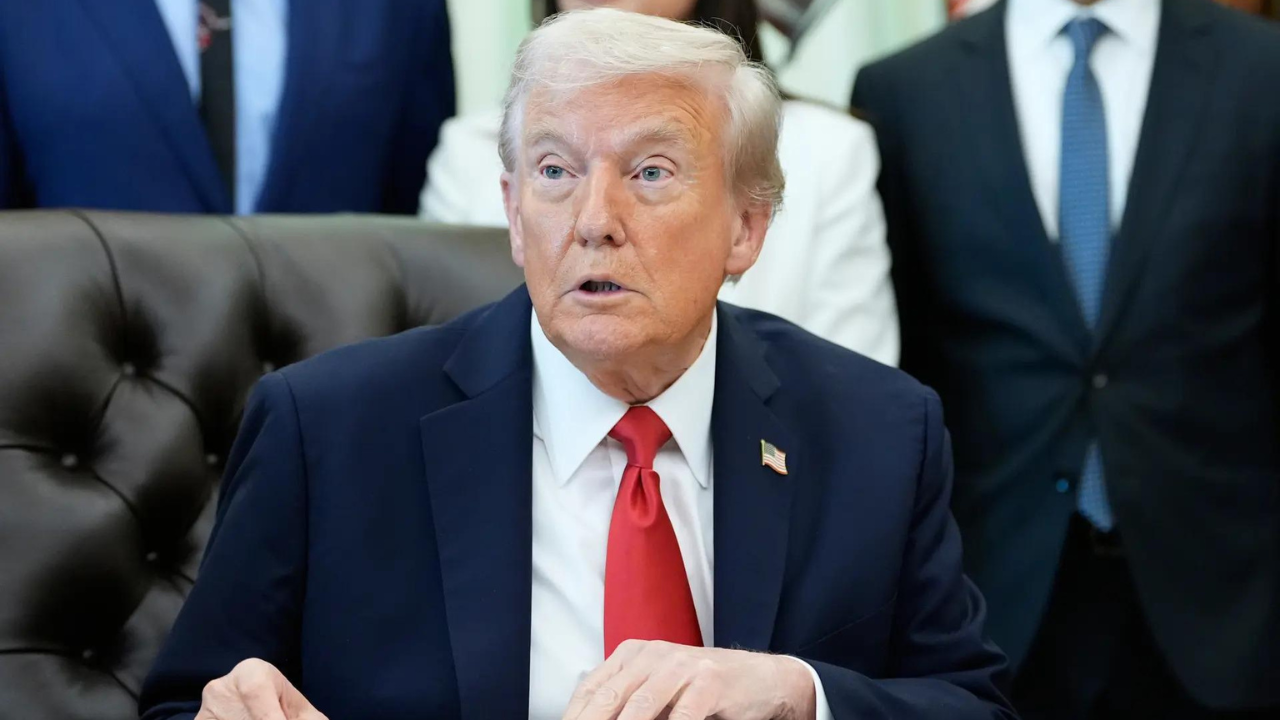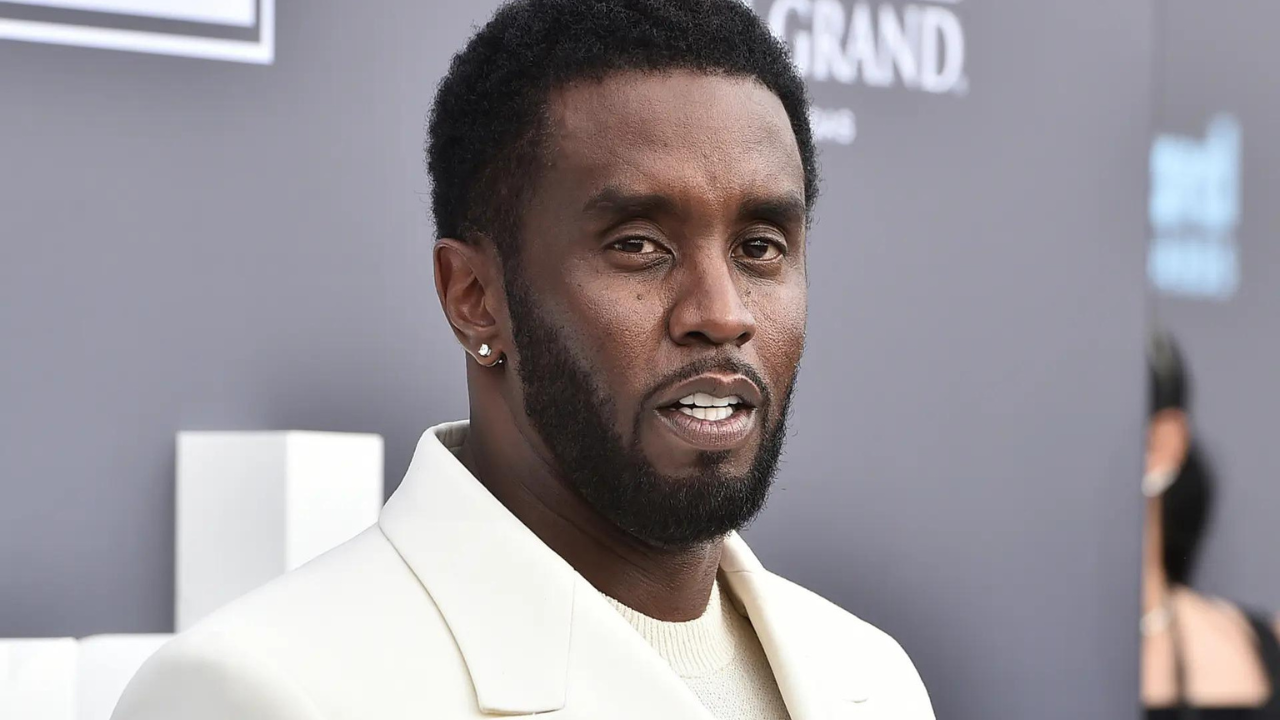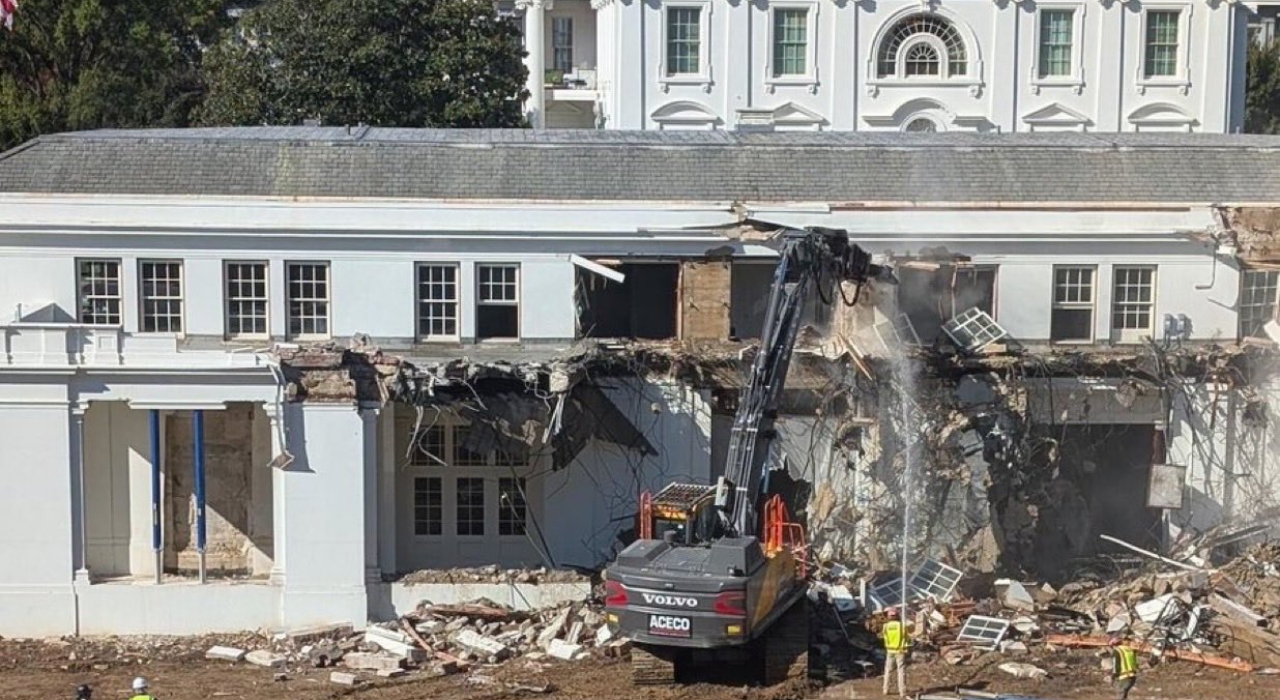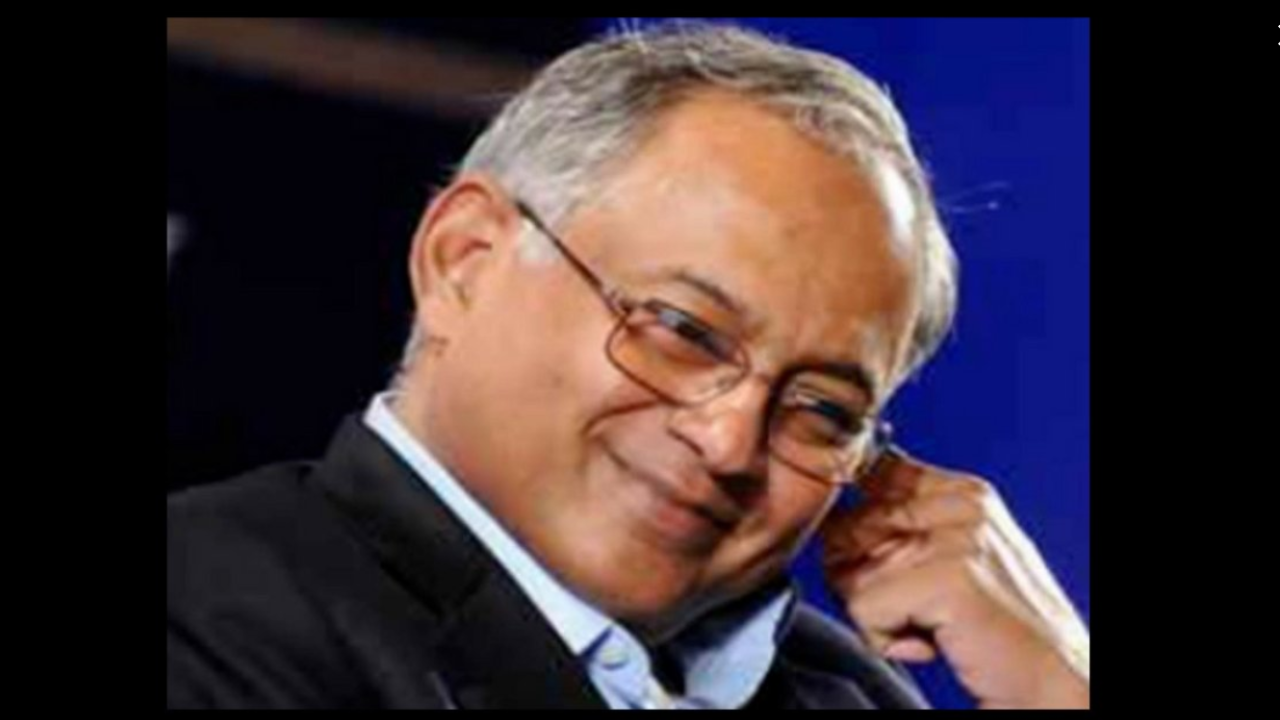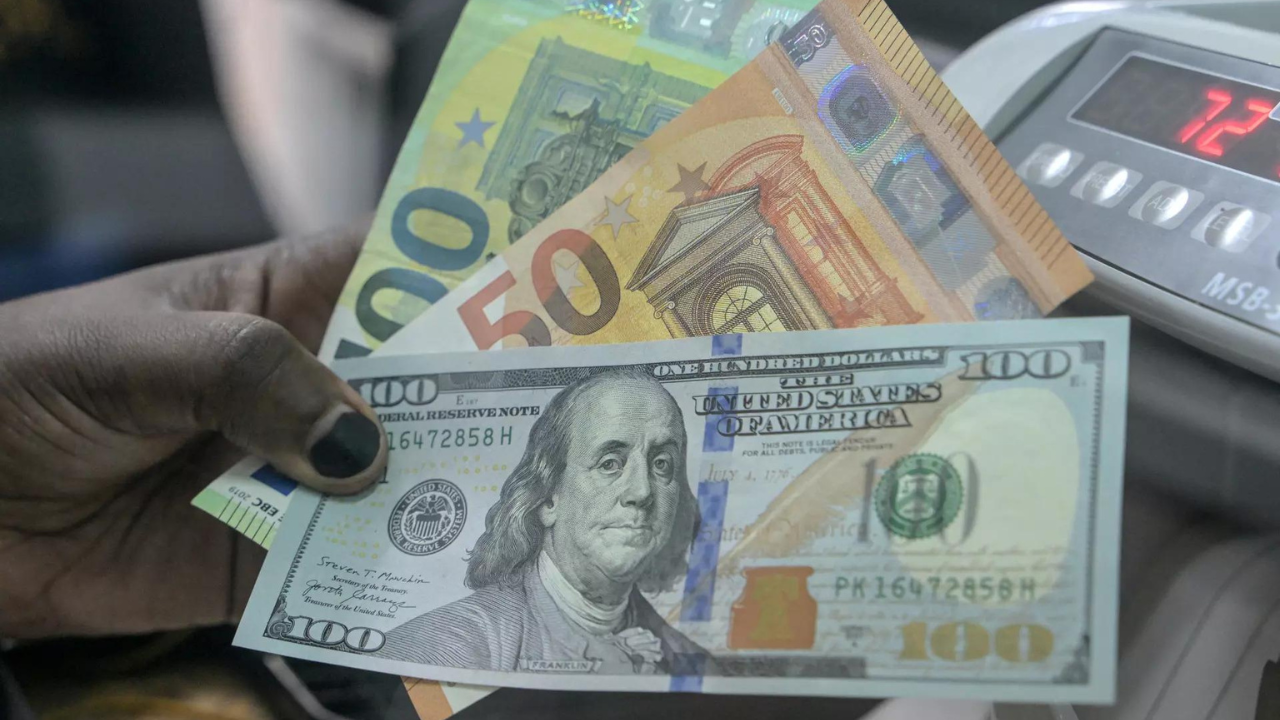In Canada, Christian nationalists are hoping to become part of mainstream politics

Join our WhatsApp Community to receive travel deals, free stays, and special offers!
- Join Now -
Join our WhatsApp Community to receive travel deals, free stays, and special offers!
- Join Now -

The fortunes of the Conservative Party and its leader Pierre Poilievre in Canada’s April election seemed to have shifted dramatically after United States President Donald Trump called for Canada to become the 51st US state.
Political pundits regarded Mark Carney and the Liberal Party’s victory – along with the failure of Poilievre to retain his own seat – as a “Trump slump” and a repudiation of both Trump’s and Poilievre’s style of politics.
But is that an accurate assessment? The Conservative Party received its largest vote share since Prime Minister Brian Mulroney in 1984. Exit polling data suggested stronger support for the Conservative Party among people aged 18-34 than among people aged 55 and older.
Although Trump has said Poilievre is “not a MAGA guy”, some political analysts have likened the rhetoric of Poilievre and other Canadian Conservatives to American Republicans who lean towards far-right Christian nationalist politics..
As an inter-religious humanities scholar of the US far right, I have observed alarming parallels between the rise of the far right in mainstream politics in the US and the scene in Canada.
Christian nationalism’s role in politics
In the US, both scholars and news media have been highlighting the connections between far-right Christian ideology and politics.
Trump’s first presidential term ended with the violent attack on the US Capitol on January 6, 2021. Scholars like Matthew Taylor, author of The Violent Take...
Read more
What's Your Reaction?
 Like
0
Like
0
 Dislike
0
Dislike
0
 Love
0
Love
0
 Funny
0
Funny
0
 Angry
0
Angry
0
 Sad
0
Sad
0
 Wow
0
Wow
0








